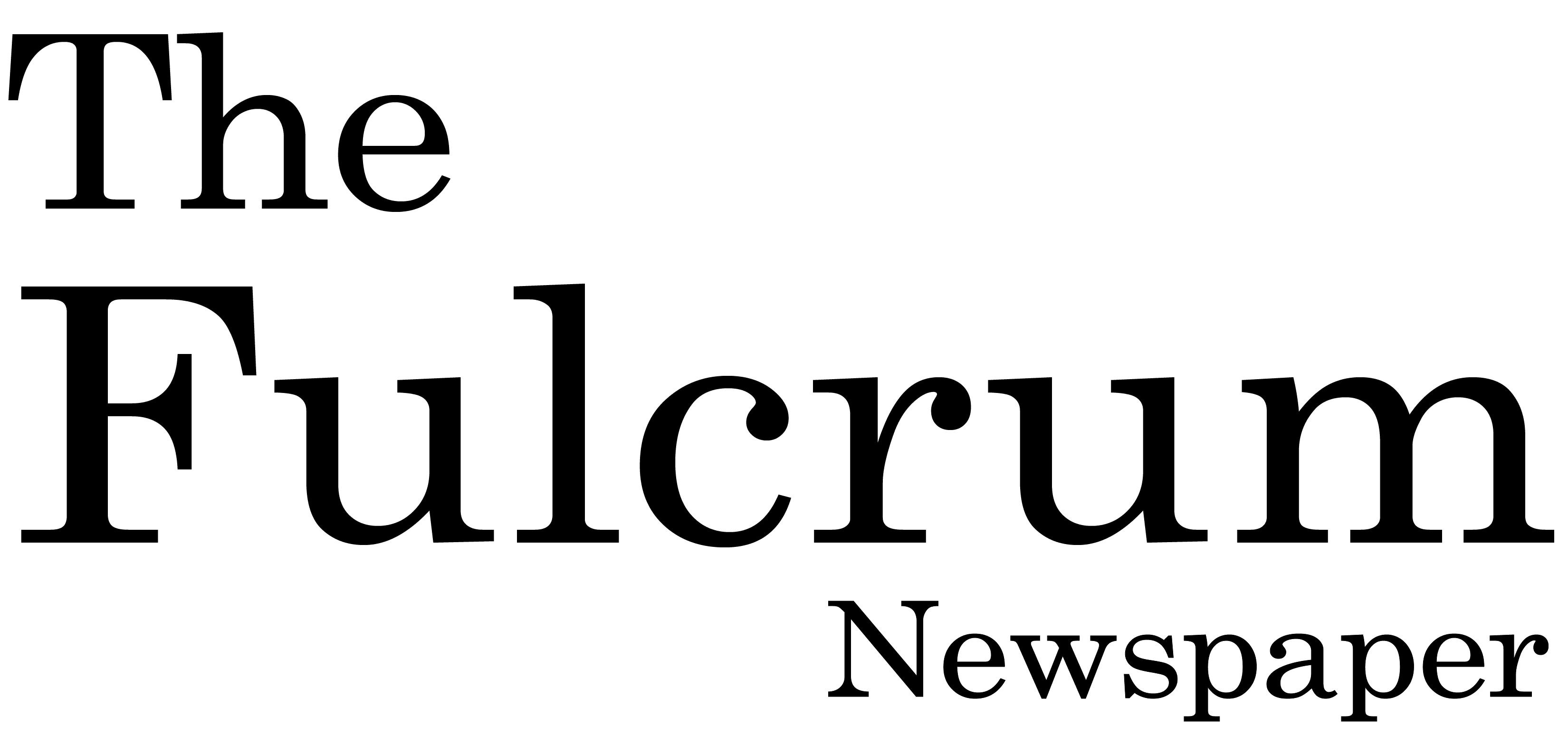 The President’s Task Force on Diversity and Inclusion is proud to offer ASK! again this spring as part of Convocation Day events from 1 to 2:25 p.m. April 17 in D-201.
The President’s Task Force on Diversity and Inclusion is proud to offer ASK! again this spring as part of Convocation Day events from 1 to 2:25 p.m. April 17 in D-201.
ASK allows you to interact with students and faculty of all different backgrounds and ask questions that you might have been wondering but never had the opportunity to ask. It is a fun, interactive and informative event that creates a safe space for dialogue around difference.
The Invisible Gorilla challenges us to take a second look. What are you missing about people you work, learn and live with? People representing some of the diverse categories of human beings (race, age, ethnicity, and disability, as well as people representing a broad array of cultures, religions, and affiliations like veterans, gamers, weight lifters and pagans) will be on hand to answer questions.
You’ll be issued a passport upon entry which will be stamped by each identity table where you may ask a question (or two). Ask questions you want to know but didn’t know who to ask or use questions that will be posted at each person’s table.
Venessa Rodriguez, Director of the Educational Opportunity Program, participated in prior ASK! events representing Latinx people. “Being Puerto Rican is a source of great pride for me and I wanted to ensure representation, but I also know that there are many unfortunate stereotypes that exist about Latinx people and I wanted to have an opportunity to dispel any untruths,” she said.
Director Rodriguez felt she made a connection with students who attended the event. “It was nice to engage in conversations with students I don’t typically have access to and discuss issues of diversity, equity, inclusion as it relates to the lived experiences of Latinx people. It was also a great opportunity to showcase the idea that I am just one person within this community that is very diverse in and of itself,” she said.
In their book, The Invisible Gorilla, Christopher Chabris and Daniel Simons explain how our brains trick us into thinking we see and know far more than we do. Rodriquez sees a relationship between this and perceptions society has about her.
“Yes, I think that we (humans) rely on stereotypes and assumptions to categorize everything around us, including each other,” she said. “I think this process is an oversimplification that can prevent us from looking deeper and is what leads to unconscious bias and even hatred of persons we have deemed other. The more we expose ourselves to people who are different from us, the more we can see our commonalities and bridge divides where none need not exist.”
Sesime Adanu, Dean of Institutional Effectiveness and Enrollment Planning, participated in ASK! “to offer the curious minds of the campus community the opportunity and safe space to have their questions answered about people from Africa.”
Dean Adanu felt that representing people from Africa was important “considering the varying perceptions people have about the African continent. My interaction and response to students’ questions piqued their interest with more questions asked.“ He received a wide range of interesting questions from students. “Some of the questions centered on issues the students would not have felt comfortable asking in a different setting,” he said.
Associate Professor Patricia Evans in our Visual Communications Department encourages her talented art and design students to show kindness and compassion towards those that are different than them through the creation of meaningful visual form. Their artwork, highlighting individuals integral to the Underground Railroad will be on display at the ASK! event, and students will be available to answer questions.
Evans’ kindness and compassion campaign, called Exhibition Series: FACES, has shined a light on women suffragists, Holocaust survivors and non-survivors, and most recently iconic individuals integral to the Underground Railroad including slaves, abolitionists, mammies, authors, writers, conductors, and stationmasters. This series of FACES is currently exhibited in our Cecil C. Tyrrell Library on the SUNY Broome campus through the month of April in the research area, and all are welcome to attend this ongoing display; highlighting the importance of social and cultural history as a teachable moment.
Evans reiterates that her students enthusiastically take on the challenge of speaking for those who cannot, and quips, When you think that you have had a bad day, think again!
Please join us on April 17 for a little over an hour to ask questions of those who can speak about their experiences, their beliefs, their identity, and find the commonalities that we all share as part of the SUNY Broome community.
Faculty facilitators will include Sandy Wright, Lisa Hughes, Susan Seibold-Simpson, Virginia Shirley, Carol Ross, Loreta Paniccia, and Maureen Kollar.


